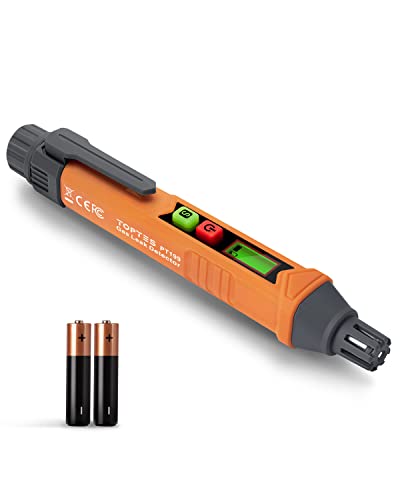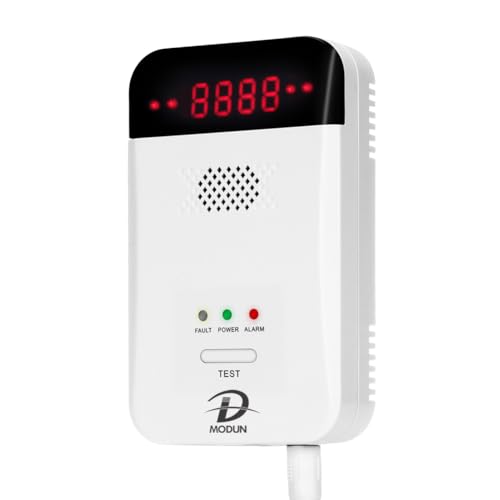Understanding Gas Detectors: What You Need to Know
What is a Gas Detector?
A gas detector is a vital safety device designed to identify the presence of hazardous gases in your environment. Imagine having a tool that alerts you to gas leaks before they become dangerous. Whether you are at home, in a commercial building, or on a construction site, understanding how these devices work can help you maintain a safe space.
Why are Gas Detectors Important?
Many gases, such as carbon monoxide and methane, are odourless and colourless, making them difficult to detect without specialized equipment. A gas detector can be thought of as an early warning system, granting peace of mind and protecting both lives and property. With the right gas detector, you can prevent accidents and respond to potential threats before they escalate.
Different Types of Gas Detectors: Which One is Right for You?
Single-Gas Detectors
These devices are designed to detect one specific type of gas, such as carbon monoxide or oxygen. If you know which gas poses a risk in your environment, a single-gas detector is a practical choice. For instance, in an enclosed garage where vehicles are parked, a carbon monoxide detector is ideal.
Multi-Gas Detectors
For areas with multiple potential gas hazards, multi-gas detectors are invaluable. These devices can monitor several gases simultaneously, making them suitable for industrial settings or locations dealing with various chemicals. If you work in a profession where various gases could be present, investing in a multi-gas detector ensures comprehensive safety coverage.
Portable vs. Fixed Detectors
Portable gas detectors are ideal for individuals who need flexibility and mobility. Think of a firefighter who needs to move through different environments; a portable detector keeps them safe on the go. Fixed detectors, on the other hand, are installed in specific areas, such as basements or industrial sites. They continuously monitor the air and are best for locations where gas leaks could occur regularly.
Key Features to Look for in a Gas Detector
Sensor Type and Sensitivity
The sensor is the heart of a gas detector, so it’s crucial to choose one that offers high sensitivity to the gases relevant to your needs. Some sensors can detect minuscule amounts of gas, ensuring any leakage prompts an immediate alert. This feature can save lives by allowing for early intervention.
Alarm Systems
An effective gas detector should have a reliable alarm system, ideally both auditory and visual alerts. This means you’ll not only hear a loud siren when the device detects gas but also see flashing lights or indicators. This dual-alert system ensures you’re alerted in case of a leak, no matter your activity.
Ease of Use and Displays
Look for a gas detector with a clear, easy-to-read display. Such displays provide information like gas levels and battery status at a glance, helping you to monitor the situation effectively. The more user-friendly the device, the quicker you can react in an emergency.
How to Use a Gas Detector Effectively
Positioning Your Gas Detector
For optimal performance, place the gas detector at the appropriate height based on the type of gas you are monitoring. Carbon monoxide detectors should be installed at eye level, while methane detectors are best placed near the ground where gas is likely to accumulate. Ensuring the correct positioning maximises the device’s effectiveness.
Regular Testing and Calibration
Regularly testing your gas detector is essential to ensure functionality. Most models have a testing button that simulates a gas leak to confirm the alarm activates. Calibration may be required periodically to maintain accuracy, so follow the manufacturer’s instructions to keep your device running smoothly.
Maintenance Tips for Your Gas Detector to Ensure Longevity
Battery Maintenance
Keeping an eye on the battery life is crucial. Many detectors come with a low battery warning, but proactively changing batteries at least once a year can prevent any unexpected failures. If your detector is battery-operated, consider investing in rechargeable batteries for sustainability.
Cleaning and Storage
Dust and grime can interfere with the performance of your gas detector. Regular cleaning with a soft cloth ensures the sensor remains unblocked. When not in use, store the device in a clean, dry space, protected from extreme temperatures to extend its lifespan.





























